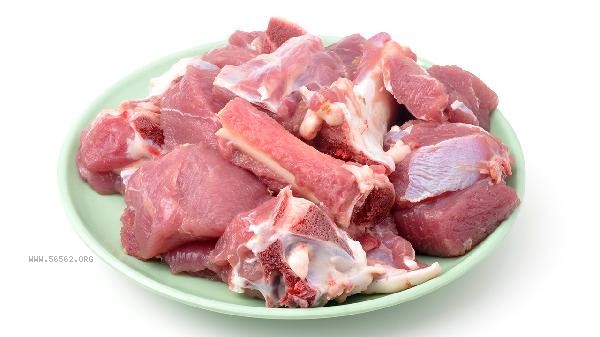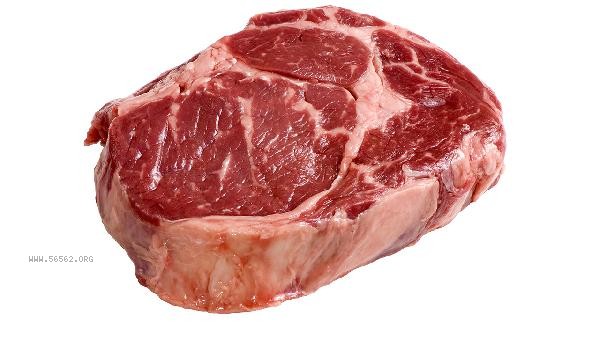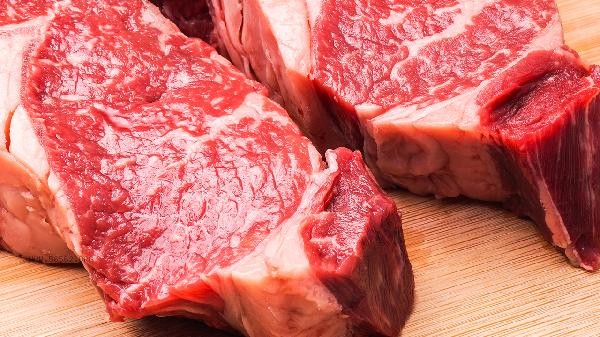Moderate consumption of beef jerky during exercise usually has no negative effects, but it is important to choose low salt and low-fat products and control intake. Beef jerky is rich in protein and helps with muscle repair, but some processed products may contain additives or excessive sodium.

When choosing beef jerky, it is recommended that fitness enthusiasts prioritize the original cut and air dried type to avoid products with added sugar and preservatives. Every 100 grams of beef jerky contains about 40-50 grams of protein, which can be used as a supplement after training, but it is recommended to consume no more than 30 grams at a time. High protein properties help promote muscle fiber repair after exercise, and its branched chain amino acid content is particularly beneficial for strength trainers. Some commercially available beef jerky may contain food additives such as nitrite, and long-term excessive intake may increase the burden on the liver and kidneys. When purchasing, it is necessary to check the ingredient list. People with hypertension or renal dysfunction should strictly control their food intake to avoid excessive sodium intake. Some cheap beef jerky may contain excessive amounts of plant protein or starch, which greatly reduces the actual protein content. Homemade beef jerky can better control the ratio of oil to salt, while low-temperature roasting of lean beef can retain more nutrients. Eating vegetables and fruits in combination can balance dietary fiber intake and avoid constipation caused by high protein diets. Eating carbohydrates within half an hour of exercise results in higher protein absorption efficiency. During exercise, beef jerky can be used as one of the sources of protein supplementation, but it should not be used as a substitute for regular meals. It is recommended to consume whole grains, fresh vegetables, and dairy products together to maintain dietary diversity. Pay attention to the body's reaction, and adjust the intake in a timely manner if thirst or edema occurs. Regularly changing protein sources and alternating consumption of chicken breast, fish, etc. is more beneficial for nutritional balance. Sports nutrition supplementation should mainly rely on natural ingredients, and processed foods should only be used as temporary choices.









Comments (0)
Leave a Comment
No comments yet
Be the first to share your thoughts!